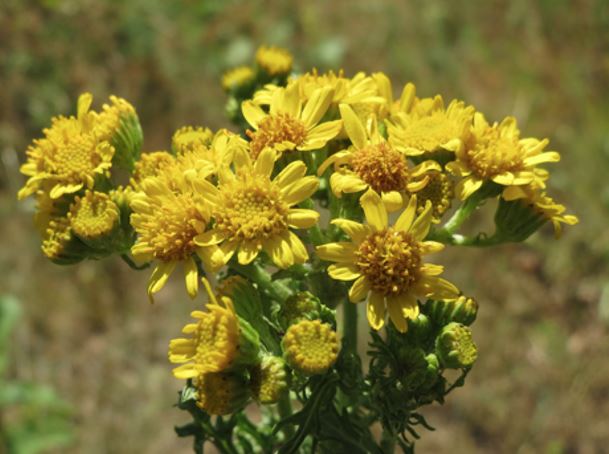9 Ways to Manage Your Allergies
More than 50 million Americans suffer, in one way or another, from allergies every year according to the CDC. Allergies may be something a person is born with or something that develops, seemingly, out of nowhere. No matter why you have your allergies or what you are allergic to, these are the nine best and most common strategies to manage any allergy.
Avoidance
While there is no guarantee that you can eliminate a substance from your environment, especially something like dust or pollen, there are ways to avoid and minimize exposure.
Use Filters
This strategy applies to anyone suffering from allergies no matter what type. If you are indeed allergic to particles like dust and pollen, filtration systems and air conditioning are your best defense. However, anyone with allergies of any kind can benefit from a cleaner environment as it puts less regular stress on their immune systems as a whole.
Have a Strategy
If you have a food allergy, make it a habit of letting people who prepare your food know about it. Just because it’s not in the dish you want to order at a restaurant doesn’t mean it might not have been stored near it, etc. If you are allergic to dust, know that higher humidity levels increase dust mite populations and thus dust mite activity. If you are allergic to pollen, keep an eye on the forecast and stay indoors with your windows shut on high pollen count days.
Keep Everything Squeaky Clean
The more effort you put into keeping a clean home and cleaning up as soon as you return from a day out, the less likely you are to have your allergies triggered at home. The dust that you collect throughout the day can contain all kinds of allergens, mainly plant matter and animal dander.
Medication
Though no medication can cure allergies outright, they can help alleviate the symptoms.
Over the Counter
Common OTC medications can help to reduce or prevent the onset of symptoms in mild allergies. There are three common types of OTC allergy medications: antihistamines, decongestants, and corticosteroids. However, taking these medications every day for long periods of time could result in unwanted side effects.
Shots
A person can receive “allergy shots” to decrease sensitivity to a given allergy with a chance of curing it altogether. These shots are a form of immunotherapy. There is also an option available that uses the same principles but is taken sublingually (under the tongue) instead of as a shot. This is used typically for grass-based allergens.
Prescriptions
People who have frequent allergy attacks, severe allergies, or asthma may need a prescription solution or medication. For anyone with occasional allergy problems, this can be an effective strategy, but it can also be prohibitively expensive. In any case, coupons, like these Symbicort coupons, can help lessen that burden.
Immune Support
The immune system sees allergens as a threat and treats them as such. Keeping your immune system in the best possible condition could solve your allergy problems outright or at the very least lessen your symptoms.
Hydrate
Dehydration can lead to more frequent and more severe allergic reactions as the body of a dehydrated person naturally create more “histamines.” Histamines, for those that don’t know, are the “defense mechanism” your body utilizes most often to fight off allergies. For you, this means itching, watery eyes, headaches, a runny nose, and mucus build-up, etc.
The original purpose of histamines, however, is to direct the flow of water in the body. The more water you drink, the more histamines can fulfill their original purpose, the more your body realizes it needs fewer, and the more the initial concentration is diluted. The result? Fewer common allergy symptoms.
Drink Some Herbal Tea
In addition to keeping your body hydrated, some people sip on herbal tea to reduce symptoms and help their bodies recover from the onslaught. Some people also claim that certain teas may “cure” a specific allergy, such as a pollen allergy, or reduce histamine production, though the evidence there is thin. If you enjoy the flavor, however, there are very few ways in which sipping herbal tea could increase your allergy symptoms.
Rinse Your Sinuses
While not the most pleasant task, with the proper equipment and procedure, rinsing the sinuses can help alleviate the sinus-related symptoms of an allergy. These include eliminating inflammation reducing mucus build up. This procedure should be repeated a few times a week for maximum effectiveness.




